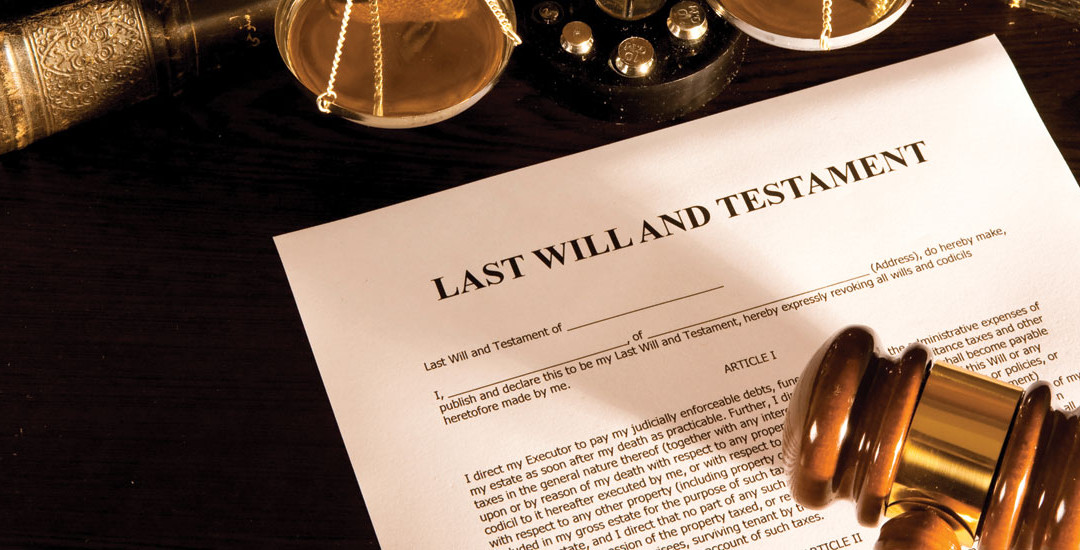The entire process can take anywhere from six months to over two years depending on the particular county’s court system. If a person dies and does not have a will, their estate must also be filed with a probate court in order to distribute that person’s property. If this is the case, instead of a will directing who inherits the property, it will be distributed according to the Illinois laws of descent and distribution. That particular distribution schedule set forth in the Illinois statute may not be what the decedent intended to happen, but without a will the decedent’s intentions do no matter.
Trying to tackle the probate process alone is often a confusing endeavor. When you are dealing with the courts, there is a set process and the right paperwork has to be completed correctly. Most Illinois jurisdictions have ruled that filing a probate case and representing the estate in court is practicing law and will not allow a lay person to open an estate. That means if you are an executor or heir and need to open a probate estate in Illinois, you likely must retain an attorney to do that for you.
Please contact us and let us do it for you right way the first time.

